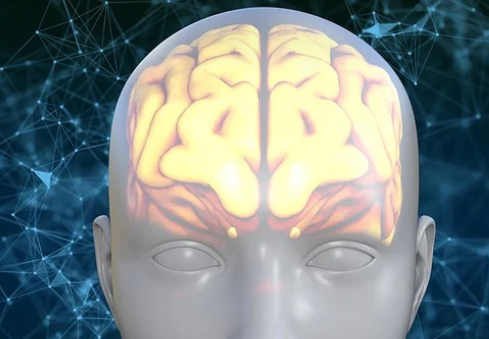
(Photo : pixabay.com)
Memory Storage Beyond the Brain: A Groundbreaking Discovery
- A study reveals that memory storage is not exclusive to the brain, but other cells in the body can also store memory.
- Non-brain cells activate a "memory gene" in response to new information, similar to brain cells.
- The experiment showed that non-brain cells could determine when chemical pulses were repeated, similar to how neurons register new learning.
- This discovery could revolutionize the treatment of memory-related afflictions and emphasizes the importance of treating our body more like the brain for better health.
The human brain has long been recognized as the primary organ for processing and storing memories. However, a groundbreaking study has revealed that memory storage is not exclusive to the brain. Other cells in the body also have the capacity to store memory, a discovery that could potentially revolutionize the treatment of memory-related afflictions.
The study, led by Nikolay V. Kukushkin from the New York University in the US, found that non-brain cells, similar to brain cells, activate a memory gene in response to new information. This activation is a response to the detection of a pattern in the information, leading to the restructuring of connections to form memories.
To monitor the memory and learning process in non-brain cells, the team engineered these cells to produce a glowing protein. This protein signaled whether the memory gene was on or off, providing a clear indication of the memory storage process in action.
Non-Brain Cells and Memory Storage
The experiment revealed that non-brain cells could determine when chemical pulses, which imitated bursts of neurotransmitters in the brain, were repeated. The team found that the process is rather similar to the brain when neurons register new learning. Interestingly, it was also found to be more efficient, just as neurons in our brain can register when we learn with breaks rather than cramming all the material in one sitting.
When the pulses were delivered in spaced-out intervals, they turned on the memory gene more strongly, and for a longer time, than when the same treatment was delivered all at once. This discovery suggests that the ability to learn from spaced repetition isn't unique to brain cells. It might be a fundamental property of all cells, according to Kukushkin.
Implications for Memory-Related Afflictions
This discovery offers new ways to study memory and suggests treating "our body more like the brain" for better health. This research aligns with previous studies that have shown the importance of sleep in memory consolidation. Sleep helps restore energy levels, supports immune function, and is vital for emotional regulation. During sleep, we cycle through several stages, one of which is non-rapid eye movement, which occurs when we transition from light sleep into deeper slumber. This stage is crucial for memory consolidation.
The study also aligns with research on post-traumatic stress disorder (PTSD), a trauma- and stressor-related disorder that results in improper processing and storage of traumatic memories. Trauma can impact people in a variety of ways and can even have a lasting impact on the brain. Following trauma, areas of the brain linked to the fear response become hyperactive, while areas responsible for calming this response become underactive. The result is the emergence of PTSD symptoms such as hypervigilance, distorted recall, and impulsive behavior.
* This is a contributed article and this content does not necessarily represent the views of btin.co.in









